As the population of cities in the western United States continues to boom, the demand for
retail and wholesale food has followed suit. To deal with the accompanying increase in traffic
and congestion from population and business growth, the city of Portland planned to increase
bikeways and reduce the use of single-occupant vehicles to less than 30% of total commuters
by 2026. Despite efforts to decrease dependence on vehicles, traffic congestion in Portland
continued to increase, and traditional vehicle delivery in the urban area became less and less
efficient. As ride-sharing services and online retailers increased their presence in the food
delivery business, these activities contributed even more to congestion. Consequently, there
was a pressing need for alternative methods of business-to-business delivery options in the
food business. B-Line, a certified B Corp, was created to address traffic congestion and
decrease vehicular carbon emissions by using cargo tricycles to deliver local food and other
products to businesses within the Portland city center. Started in 2009 by Franklin Jones, BLine
offered sustainability-oriented food companies a comprehensive logistics service
including warehousing, fulfillment, advertising, and even office space. However, nine years
after their first delivery, the company faced challenges from competitors such as Amazon
Prime Now, other bicycle delivery firms, and traditional last-mile delivery firms. This case
explores the challenges and opportunities of having a sustainability mission in the last mile
delivery space.
[table id=181 /]


